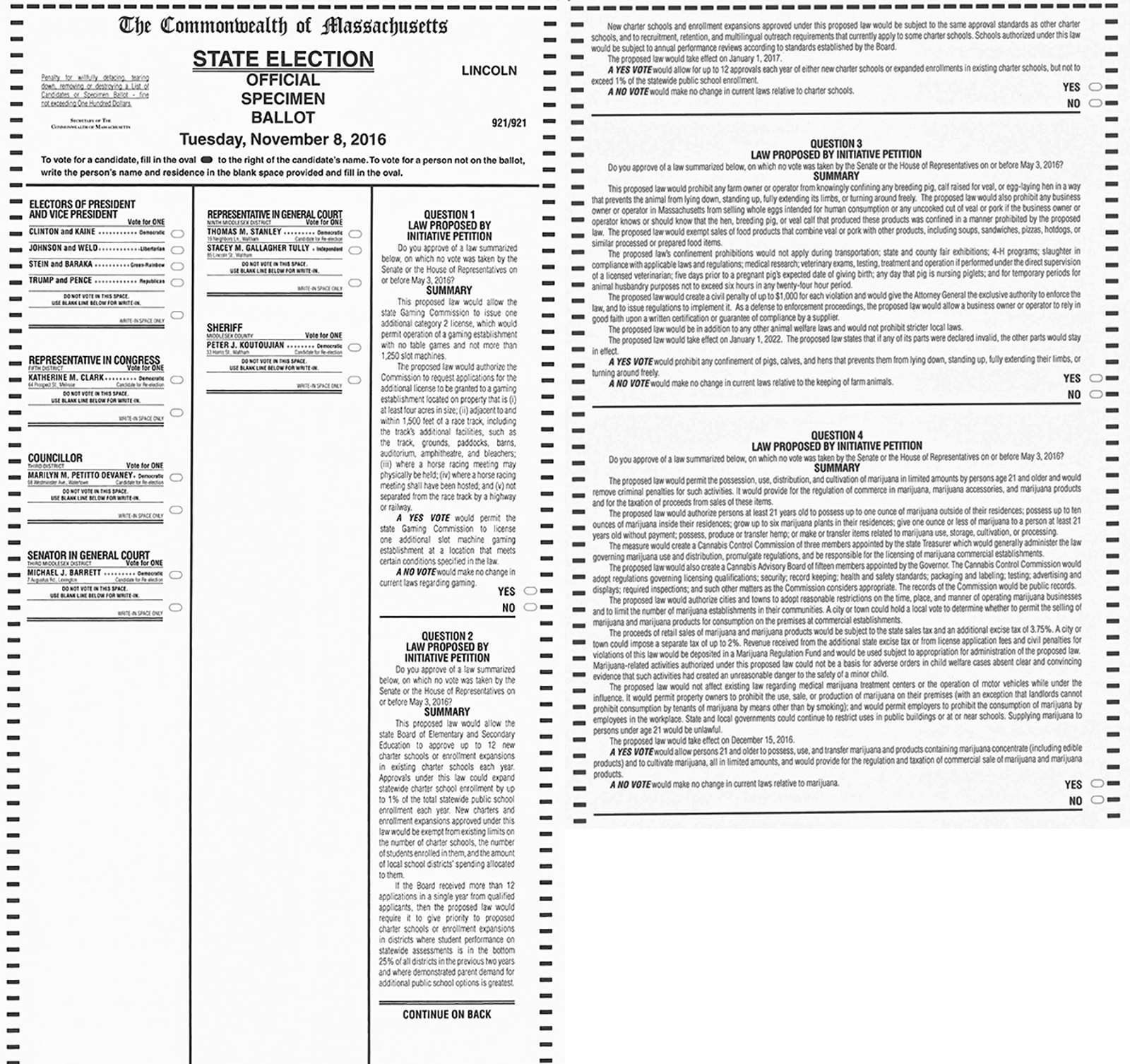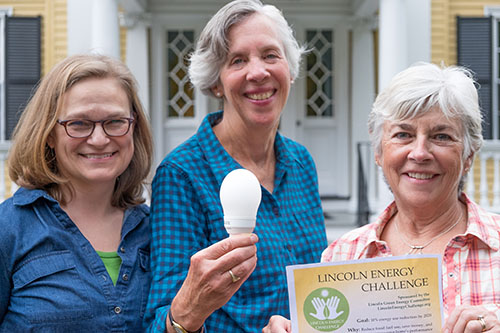To the editor:
When I first heard Stacey Gallagher Tully was running for the office of state representative, I immediately fired off an email asking her to join me for coffee. She was quick to agree to meet with me and I am writing to ask you to consider giving her your consideration in the election on November 8.
Stacey comes from a family with a long history of working on the Kennedys’ campaigns, and Stacey has spent time in D.C. and Georgia working with Jimmy Carter. She too has a long history of public service and is ready to take the step of moving into the legislature. You may have seen Stacey at Donelan’s, at the transfer station or at one of a number of locations. She has come to Lincoln Woods at least two times and at a coffee hosted there last recently she told us of her plans to hold office hours in Lincoln and how much she looks forward to working to bring both communities together to solve issues we have in common.
The obvious issue is traffic. Driving off Route 128 onto Route 20 and then Route 117 is not just a Waltham issue. As most of us know, it has a huge impact on us here in Lincoln. We need a representative that will talk to us, the people of Lincoln, who will work with us, who will be accountable to us. Stacey Gallagher Tully is asking to be that person. She has a proven track record working on senior issues and health issues in Waltham. She has a history of serving the people of her community and would like us to be part of her community.
Contrast this with her opponent Mr. Stanley, who is without a doubt committed to Waltham—but Lincoln, not so much. To be sure, Stanley has helped the administration in Lincoln gain access to the right people in Boston; after 16 years he knows his way around. As for the rest of us in Lincoln, he has been absent. In fact, he is quoted in the recent Lincoln Journal as saying he spends all his campaign time in Waltham. Lincoln is not even on his agenda.
Many of us remember the days not so long ago when we had a state representative who spent time in Lincoln, talked with us, the residents, and worked to serve all of us in Boston, not just the administration. A vote for Stacey Gallagher Tully is a vote for representation of the people, by the people.
Sincerely,
Sharon K. Antia
165 South Great Rd.
Letters to the editor must be signed with the writer’s name and street address and sent via email to lincolnsquirrelnews@gmail.com. Letters will be edited for punctuation, spelling, style, etc., and will be published at the discretion of the editor. Letters containing personal attacks, errors of fact or other inappropriate material will not be published.





